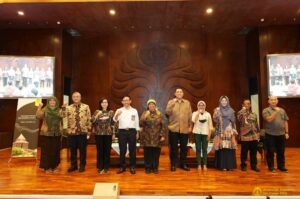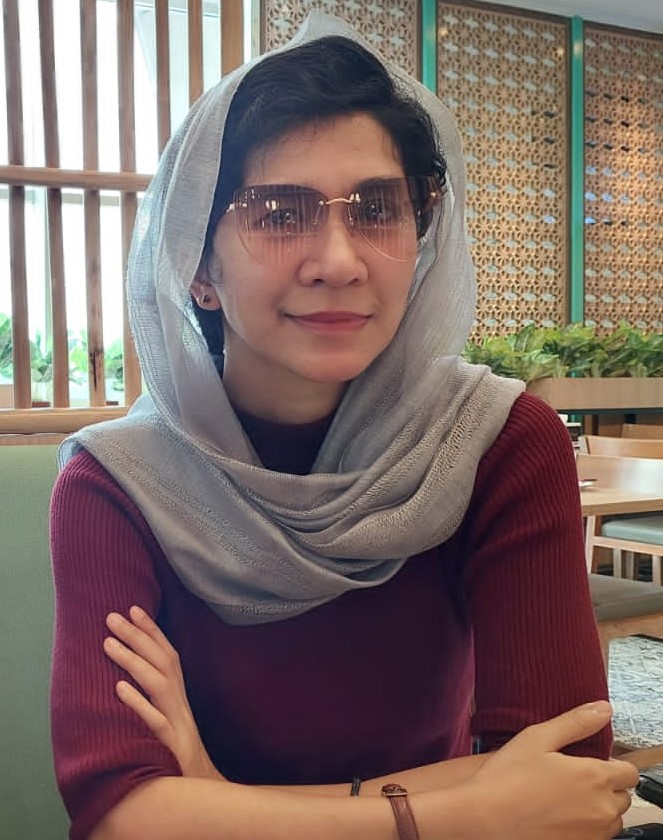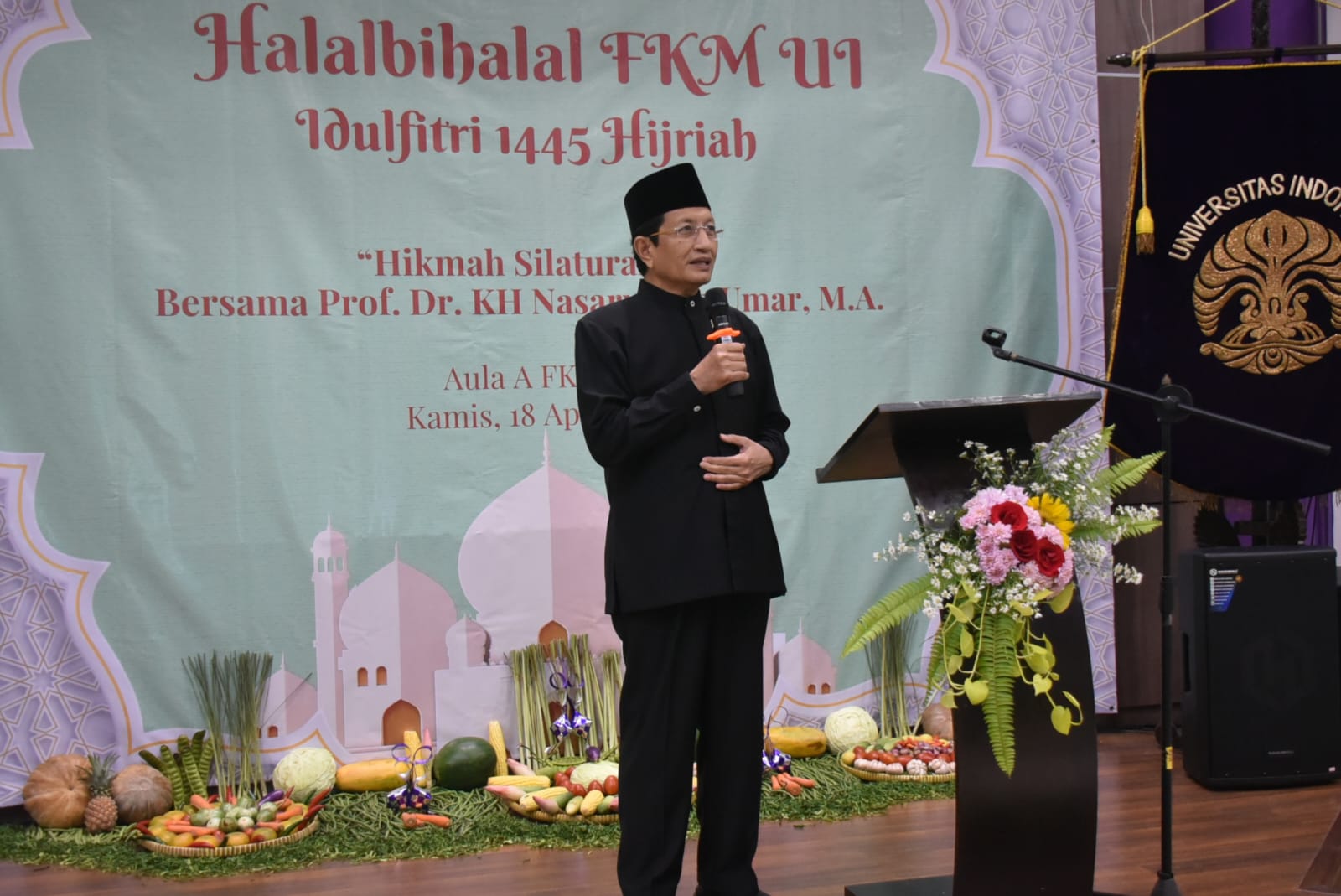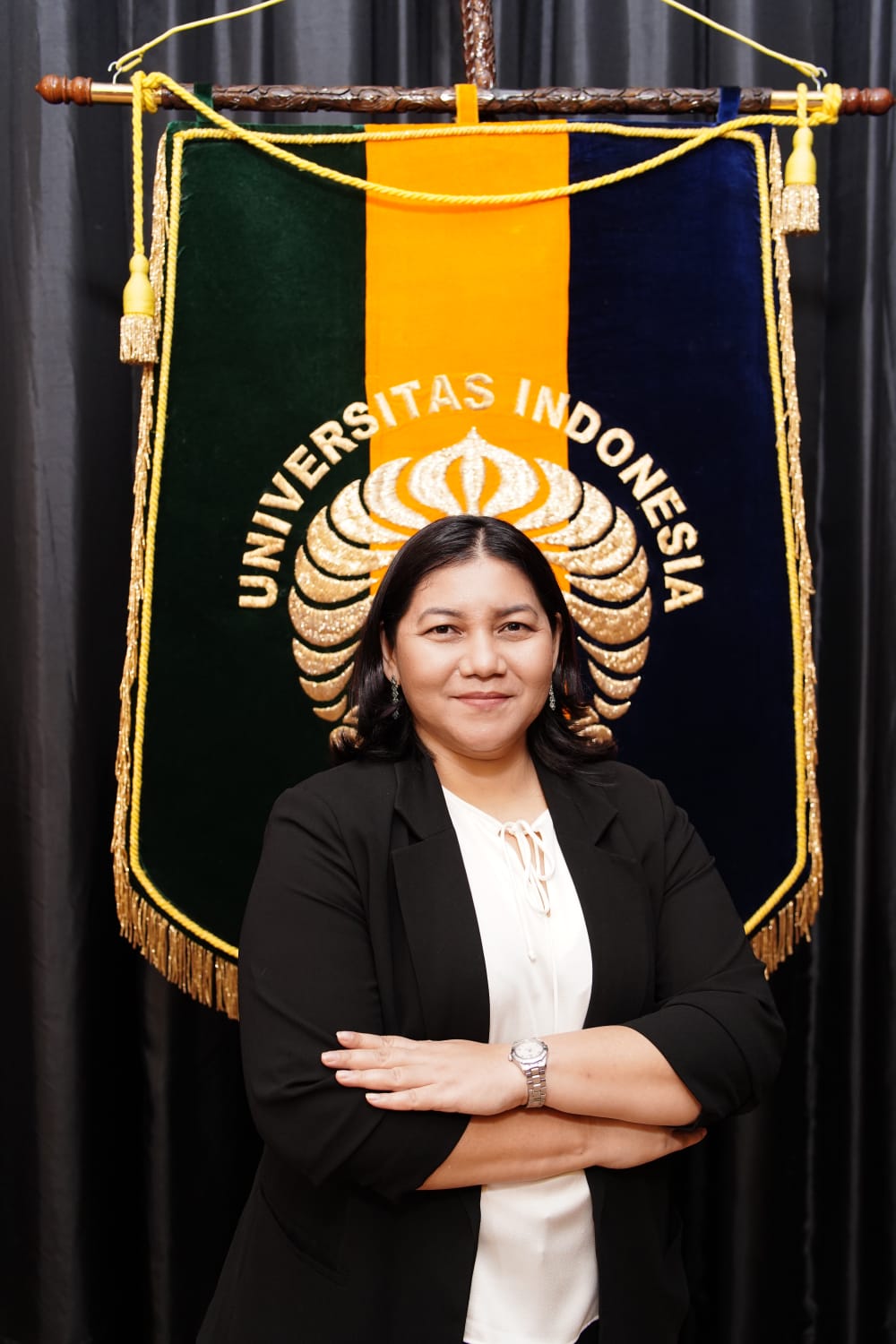
In an effort to initiate the development of Integrity Zone (ZI) and strengthen the implementation of bureaucratic reform at the university level as well as prepare work units within Universitas Indonesia (UI) to achieve the title of ZI towards a Corruption-Free Area (WBK) and a Clean and Serving Bureaucracy Area (WBBM), then UI through the Bureau of Transformation, Risk Management and Evaluation Monitoring (TREM) held a seminar entitled “Building an Anti-Corruption Ecosystem in Higher Education Environments” and the Awarding Ceremony-UI ZI Award 2022 which was held at UI Convention Center and through Zoom Meeting, on Monday (14/11).
University Secretary of UI dr. Agustin Kusumayati, M.Sc, Ph.D. said in her welcoming speech that universities are easily mobilized to carry out activities related to the tri dharma because it is the main job, and many performance measures use parameters from the three areas of tri dharma activity (teaching, research, community service). The challenge is that it is not easy to influence all work units within UI environment to make them understand when they are introduced to methods of self-renewal or reform of the bureaucracy (university transformation) to become a university that is more efficient, more effective, and superior.
“Actually the zone of integrity or bureaucratic reform is then associated with UI’s desire to transform itself into a university that is more modern, effective, efficient, and is currently being linked again as an entrepreneurial university,” said dr. Augustine. She expressed her gratitude to all school faculty leaders and vocational education programs who have participated and are serious about carrying out various initiatives to create change and get as close as possible to becoming a work unit that implements an integrity zone which is free from corruption. “If that has been achieved, we will try even higher to become a clean and serving bureaucratic area,” she said again. Plt. Directorate General of Higher Education Prof. Tjitjik Sri Tjahjandarie appreciates what UI has done this year, which is demanding and reminding all faculties to take part in ZI.
“So, this is extraordinary showing a very high commitment to how to build integrity that is free of corruption in our region. Regarding the ZI assessment, there are 2 stages of assessment, namely stage 1, Integrity Zone Evaluation Worksheet (LKE ZI) which includes assessments for all faculties at UI and LKE ZI Assessment through Inspirasidikti; then stage 2 is Exposure and Visitation which includes assessment of the 5 (five) best faculties in stage 1, assessment of faculty exposure, and assessment through field visits,” he said.
He added, there are 5 (five) strategic steps in building ZI, namely, First, Commitment: Commitment of the superiors and all employees by involving subordinates in implementing bureaucratic reform and transmitting the same spirit and vision; Second, Ease of Service: Providing better facilities and the spirit of hospitality for public satisfaction; Third, Programs that touch the community: create programs that make work units closer to the community so that people feel the presence of the work unit; Fourth, Monitoring and evaluation: carry out ongoing monitoring and evaluation to ensure that the program being implemented is on track; and Fifth, Media Management: establish a communication strategy to ensure that every activity and change in innovation that has been made is known by the public.
Five speakers were present at the seminar, including the Deputy for Bureaucratic Reform, Accountability and Oversight of the Ministry of Administrative and Bureaucratic Reform Prof. Dr. Erwan Agus Purwanto, M.Sc. He mentioned that in education services, especially higher education, the more ZI has an increasing urgency, the more contextual it becomes. He hopes that through the seminar he can discuss efforts to prevent corruption, collusion, and nepotism practices or even be able to improve service units that are better in the world of higher education. “Hopefully, later, we will be able to encourage the creation of an education role that has administrative services as well as services for teaching and learning activities, research and community service which are getting better for students, lecturers and the community,” he said. The next guest speaker, Dr. Chatarina Muliana, S.H., S.E., M.H (Inspector General of the Ministry of Education, Culture, Research and Technology) conveyed an understanding of the law for the meaning of gratification.
Gratification can be divided into two, which are the one that has to be reported and does not have to be reported. Gratifications that are required to be reported include influencing policies/decisions/treatment, authorities, and having conflicts of interest; in the context of official visits; and in the process of recruitment/promotion/transfer of officials or employees. Furthermore, Chairman of the State Civil Apparatus Commission Prof. Dr. Agus Pramusinto, MDA., gave material on the oversight system in preventing corruption on campus. According to him, we must first map out corrupt practices that might occur on campus, from there then think about what can be done for each case.
As academics, we all have a role in the policy formation process and especially in the process of bureaucratic reform. Professor of Administrative Science at UI Prof. Eko Prasojo, Mag., rer., publ., who is also the Executive Secretary of National Bureaucratic Reform Steering Committee said, “Reform is not easy. There is a process of forming policies, mainly in the process of bureaucratic reform. There are two of the most important ones, which are structural change and cultural change, including the use of information and communication technology. The campus also has an important role as a policy community that is able to contribute to the policy making process at the national level,” he said.
The last speaker was Almas Ghaliya Putri Sjafrina (Indonesia Corruption Watch) who discussed efforts to strengthen a culture of integrity in creating anti-corruption behavior. The seminar was moderated by the Head of the TREM UI Bureau Vishnu Juwono, S.E., M.I.A., Ph.D. Simultaneously with this seminar, awards were also given to work units within UI.
In the Best Changes area category, namely the Best Change Management was given to the Faculty of Administrative Sciences (FIA); the Best Management was given to the Faculty of Economics and Business (FEB); the Best Apparatus Human Resources was given to the Faculty of Nursing (FIK); the Best Accountability went to FIA; the Best Supervision was given to FIK; and the Best Public Services was given to FIK.
In the category of Best Person In Charge of the Integrity Zone, first place was won by the Vocational Education Program; FEB won second place; and the third place was won by the Faculty of Computer Sciences. For the winner category of the UI ZI AWARD 2022, FIA won 1st place; 2nd place was won by the Vocational Education Program; FIK won 3rd place; 4rd Runner-Up was FEB; and 4th Runner-Up was the Faculty of Humanities. For information, all of these assessments are based on the LKE ZI sheets that have been uploaded by the faculty to Inspirasi Dikti.



